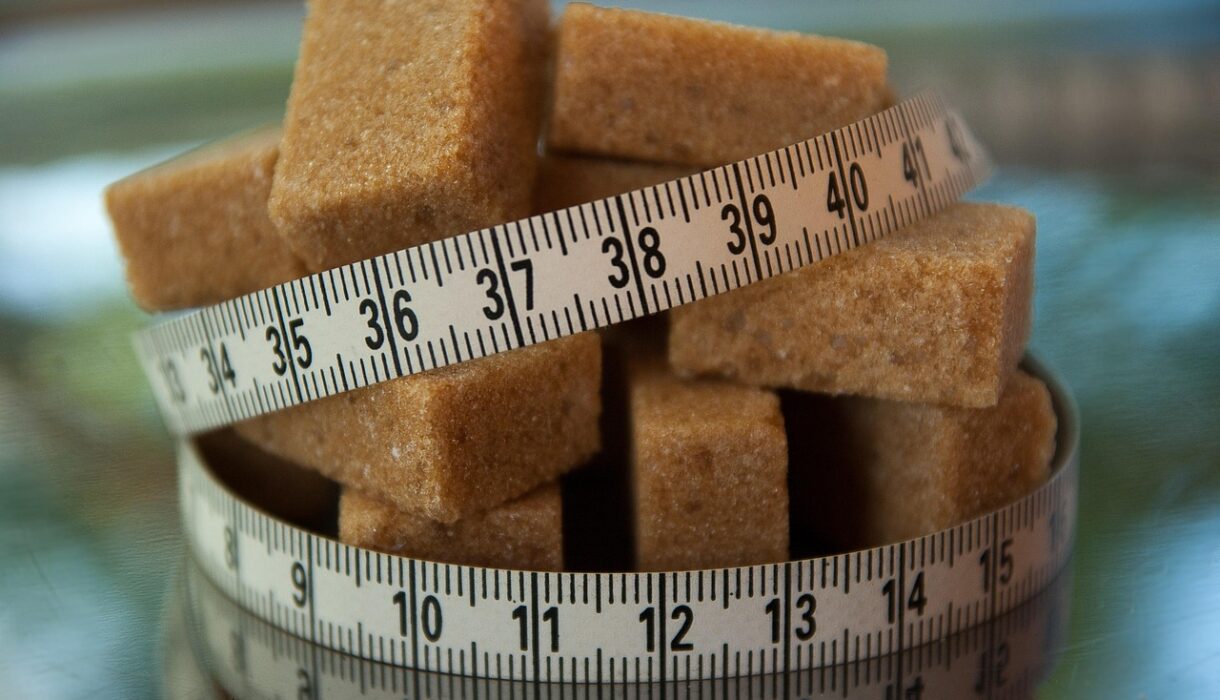
Sugar is everywhere—in our coffee, sauces, breakfast cereals, and even so-called “healthy” snacks. It’s no wonder most people consume far more than the recommended daily amount. But what happens when you cut it out?
Many people attempt a 30-day sugar detox to reset their habits and reclaim their health. If you’re thinking about quitting sugar, here’s what you can realistically expect—both the good and the challenging.
Week 1: Withdrawal is Real
Let’s be honest—the first few days can be rough. Sugar affects the brain’s reward system, and removing it can lead to withdrawal-like symptoms, including:
Headaches
Fatigue
Mood swings or irritability
Cravings—especially for carbs or sweet foods
Trouble concentrating
You might feel worse before you feel better. But don’t give up—this is your body recalibrating.
Week 2: Stabilized Energy and Fewer Cravings
By the second week, the sugar fog begins to lift. Many people notice:
More consistent energy levels throughout the day
Fewer crashes after meals
Reduced cravings for sweets
A more stable mood
Why? Without the constant spike and crash of blood sugar levels, your body starts using energy more efficiently. Many people also start to taste the natural sweetness in whole foods more vividly—fruits taste sweeter, and vegetables become more satisfying.
Week 3: Improved Digestion, Sleep, and Skin
Around the third week, your body begins to thank you in less obvious, but powerful ways:
Digestive health improves due to less inflammation and fewer processed foods
Sleep quality often increases as blood sugar swings diminish
Skin may clear up, with less acne and dryness
Mental clarity becomes more noticeable
Your gut microbiome—heavily influenced by sugar—starts to rebalance, which can improve not just digestion, but immunity and even mood.
Week 4: Long-Term Benefits Start to Show
By the final week of your sugar detox, you may notice:
Weight loss (especially if you reduced refined carbs and processed foods)
Lowered blood pressure or cholesterol (if measured)
Improved insulin sensitivity, reducing your risk for type 2 diabetes
Stronger willpower around food choices
Many people report a newfound sense of control over their eating habits, no longer feeling “enslaved” by sugar cravings.
But What About Natural Sugars?
Quitting sugar doesn’t have to mean cutting all forms of sugar—fruits, dairy, and whole foods contain natural sugars that are part of a healthy diet. A 30-day challenge usually focuses on eliminating added sugars—those added during processing or preparation (like in sodas, candies, pastries, and many packaged goods).
Tips for a Successful 30-Day Sugar Detox
Read food labels: Sugar hides under names like glucose, fructose, corn syrup, dextrose, and cane juice.
Eat more protein and fiber: They help keep you full and reduce sugar cravings.
Stay hydrated: Dehydration can mimic hunger.
Replace, don’t restrict: Swap sugary treats for fruit, dark chocolate, or herbal teas.
Is It Worth It?
Quitting sugar for 30 days isn’t easy, but it can be eye-opening and transformative. It’s a chance to reset your habits, understand your relationship with food, and feel what it’s like to fuel your body more naturally.
And while you don’t have to live sugar-free forever, cutting back significantly can have lasting benefits for your energy, weight, skin, and long-term health.
Thinking of trying a 30-day sugar detox? Always talk to a healthcare provider before making major dietary changes—especially if you have underlying health conditions like diabetes.


